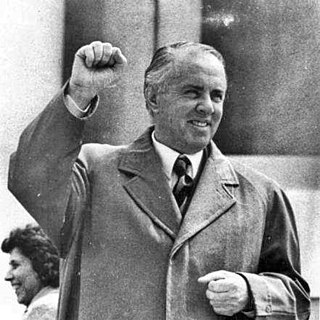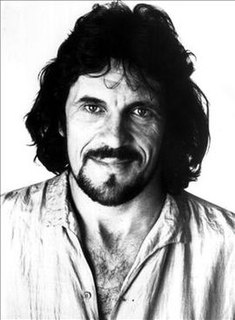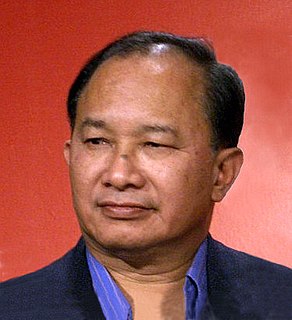A Quote by Nick Love
I understand working-class culture, tribalism and the ethos of violence, so I make films about these things.
Related Quotes
I must remind you that starving a child is violence. Suppressing a culture is violence. Neglecting school children is violence. Punishing a mother and her family is violence. Discrimination against a working man is violence. Ghetto housing is violence. Ignoring medical need is violence. Contempt for poverty is violence.
The really successful work in England tends to be working-class writers telling working-class stories. The film industry has been slow to wake up to that, for a variety of reasons. It still shocks me how few films are written or made in England about working-class life, given that those are the people who go to movies.
I make films about working class people. All my films have always been about that. For example, the brothel is a workplace. It's aberrant, but a workplace nonetheless. I was more interested as opposed to glamorizing and saying, oh, this is a great erotic place, it's a place of business. The commodity is sex.
Actually, I can't stand watching violent scenes in films; I avoid watching horror films. I don't tend to watch action films mainly because I find them boring, but I watch the films of David Cronenberg and Martin Scorsese, usually in a state close to having a heart attack. I'm a complete coward. I make violent films as a result of my sensitivity to violence - in other words, my fear of violence.
I am extremely conscious of my tribalism. And when you talk about tribalism, you talk about living in a black and white world. I mean, Native American tribalism sovereignty, even the political fight for sovereignty and cultural sovereignty is a very us versus them. And I think a lot of people in this country, especially European Americans and those descended from Europeans don't see themselves as tribal.




































